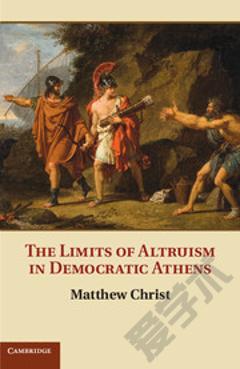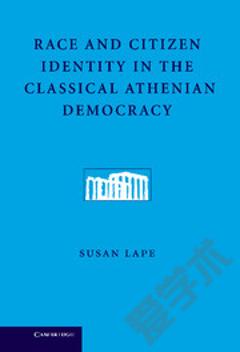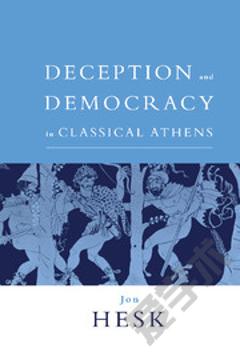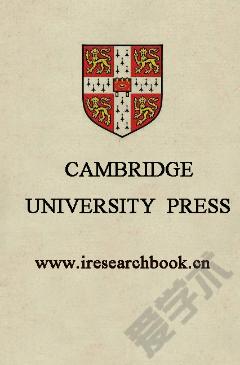The Perpetual Immigrant and the Limits of Athenian Democracy
In the fifth and fourth centuries BCE, immigrants called 'metics' (metoikoi) settled in Athens without a path to citizenship. Galvanized by these political realities, classical thinkers cast a critical eye on the nativism defining democracy's membership rules and explored the city's anxieties over intermingling and passing. Yet readers continue to treat immigration and citizenship as separate phenomena of little interest to theorists writing at the time. In The Perpetual Immigrant and the Limits of Athenian Democracy, Demetra Kasimis makes visible the long-overlooked centrality of immigration to the originary practices of democracy and political theory in Athens. She dismantles the interpretive and political assumptions that have led readers to turn away from the metic and reveals the key role this figure plays in such texts as Plato's Republic. The result is a series of original readings that boldly reframes urgent questions about how democracies order their non-citizen members.
{{comment.content}}








 京公网安备 11010802027623号
京公网安备 11010802027623号